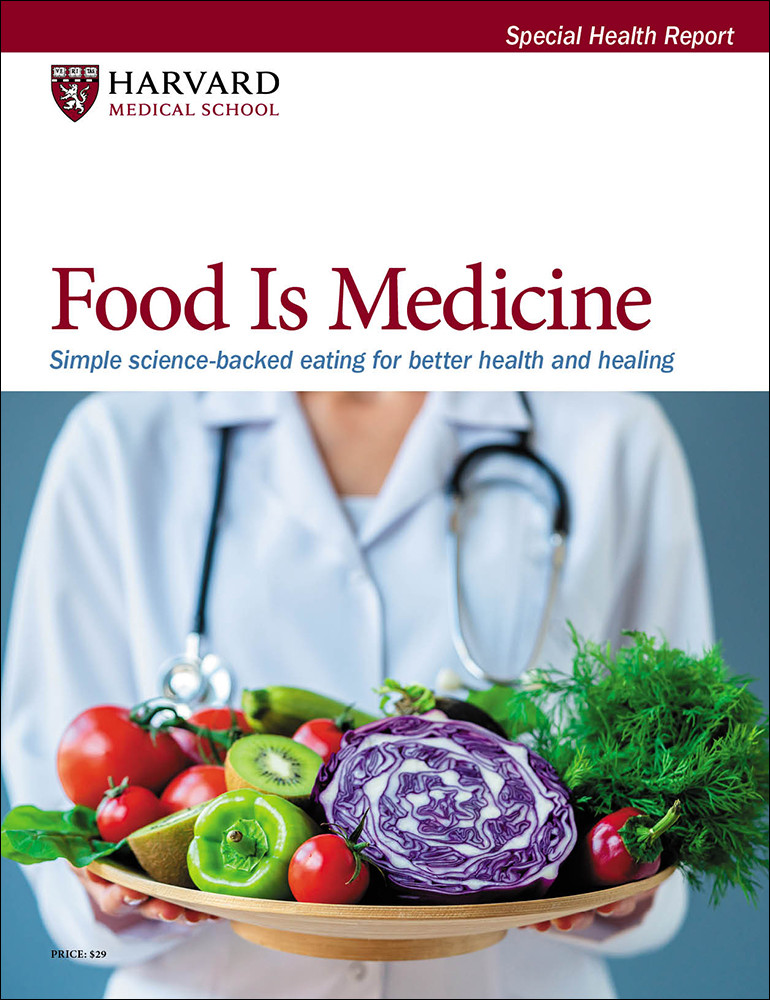Ultra-processed foods linked to poor health outcomes
Research we're watching
- Reviewed by Toni Golen, MD, Editor in Chief, Harvard Women's Health Watch; Editorial Advisory Board Member, Harvard Health Publishing; Contributor

People who eat higher amounts of ultra-processed foods — which tend to be high in sodium, sugar, and unhealthy fats — face higher risks of a host of health problems, according to an analysis published May 7, 2025, in Nutrition and Metabolism.
Assessing data from 6,517 Canadian adults ages 19 to 79 (average age 49, 59% women), scientists split participants into four groups based on their self-reported consumption of ultra-processed foods such as chips, frozen pizza, cereal, and other prepackaged, ready-to-eat items, which the study authors noted are also low in fiber, vitamins, and minerals. Participants also completed questionnaires on other lifestyle factors, such as exercise and smoking, and were evaluated during a clinic visit.
Participants consuming the highest amounts of ultra-processed food were far more likely to have significantly higher body mass index, waist size, blood pressure, insulin levels, and blood triglyceride levels than those who consumed the lowest quantity of ultra-processed food. These associations persisted even after researchers adjusted for physical activity, smoking, and the total amount of food consumed. Additionally, the results uncovered a strong link between ultra-processed food consumption and C-reactive protein, a blood marker that indicates inflammation.
Image: © PK24 /Getty Images
About the Author

Maureen Salamon, Executive Editor, Harvard Women's Health Watch
About the Reviewer

Toni Golen, MD, Editor in Chief, Harvard Women's Health Watch; Editorial Advisory Board Member, Harvard Health Publishing; Contributor
Disclaimer:
As a service to our readers, Harvard Health Publishing provides access to our library of archived content. Please note the date of last review or update on all articles.
No content on this site, regardless of date, should ever be used as a substitute for direct medical advice from your doctor or other qualified clinician.
















